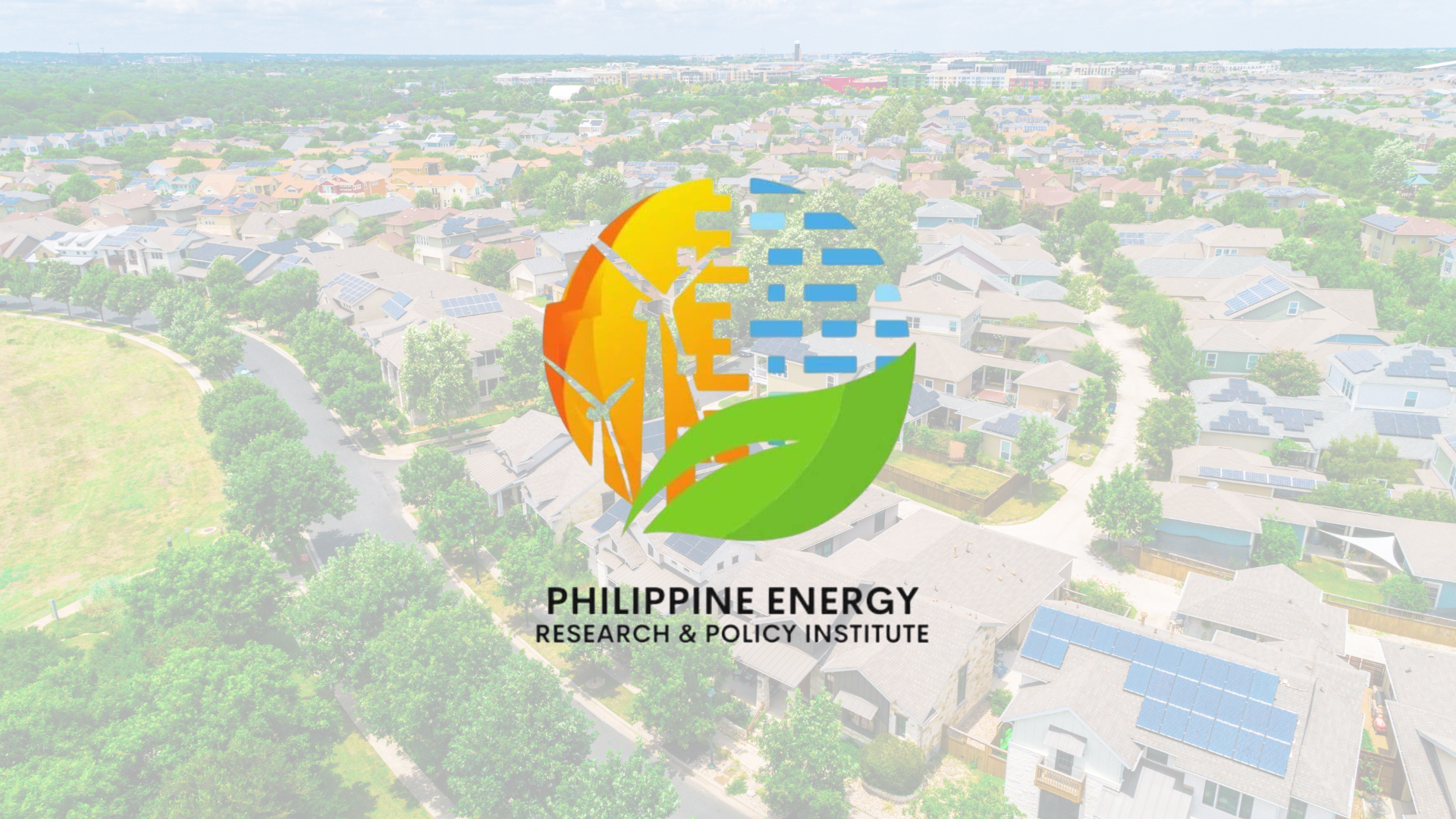PERPI’s Push for Energy Justice: Ensuring Fair Renewable Energy Development
- May 26, 2025
- 0

The shift to renewable energy is rapidly gaining ground in the Philippines, but the question remains: Are the benefits equitably distributed, or are some communities left behind? The Philippine Energy Research and Policy Institute (PERPI) is tackling this issue head-on by integrating the concept of energy justice into its research agenda.
Energy justice focuses on the fair distribution of the benefits and burdens of energy production and consumption. As the country continues to expand its renewable energy (RE) footprint, PERPI is pushing for a more nuanced understanding of how RE projects affect local communities—particularly those living in indigenous and rural areas.
“If you’re going to construct a wind farm or hydro project, you have to consider the people who are going to be affected,” said Dexter S. Pajarillo, chief of PERPI’s Research Development and Policy Utilization Division, who has a background in energy studies from Norway. He emphasized that energy justice means avoiding the displacement of communities and ensuring they benefit from energy access, rather than bearing the burden of development. Pajarillo added energy justice also considers whether energy companies were able to purchase properties at a just price.
While energy companies often cite corporate social responsibility (CSR) programs as community engagement, PERPI researchers distinguish between CSR and energy justice. “CSR is different,” said Pajarillo. “The one we’re talking about is justice in how the project was developed—the process and everything.”
He cited wind farm developments in the north and offshore projects as examples, raising concerns about displacement, biodiversity loss, and disruption of fishing communities. “If you build an offshore wind farm… how about our fishing boats? Especially if your father is a fisherman and our migratory fish is tuna?”
Classified as a State University and College (SUC) in 2023 by the Department of Budget and Management, PERPI now has its own organizational structure and independent budget. According to Atty. Angel Chona Grace I. Valenro-Nuñez, PERPI’s Deputy Executive Director, this is a major milestone. “This is the first time that we are operating on our own budget. From 2020 until 2024, the budget of PERPI was housed under the University of the Philippines. But now, it has its own,” she said.
PERPI’s research spans renewable energy pathways including offshore wind, hybrid solar-hydrogen systems, tidal turbines, and the electrification of small-scale rural fishing boats. Upcoming studies include a review of the Electric Power Industry Reform Act (EPIRA), the Wholesale Electricity Spot Market (WESM), green jobs, and nuclear energy.
Energy justice is now being formalized within PERPI’s internal processes. “We have started drafting the research manual. We’re also thinking of doing what other institutions do—call for researchers. But we need concrete guidelines,” Atty. Nuñez said.
PERPI also plans to benchmark international best practices. “We can learn what works abroad and adapt it locally,” said Pajarillo, citing Norway as a model. “One of their concepts is energy justice, especially for their herders, their indigenous people,” he adds.
To strengthen policy recommendations, PERPI is engaging with LGUs, academic institutions, civil society groups, and private energy players. “We engage in exploratory introductory meetings with possible partners. We will go down to the LGUs, have consultations… and also meet with SUCs, government agencies, and energy stakeholders,” Atty. Nuñez explained.
As PERPI moves into its implementation phase, it is seeking to strike a balance between policy, innovation, and public accountability—especially in making sure no community is left behind in the country’s energy transition.
What are your thoughts on energy justice in the Philippines? Have you seen renewable energy projects in your community? Do you think local voices are being heard? Share your insights, experiences, or questions in the comments—we’d love to hear from you. Let’s keep the conversation going about making the energy transition fair and inclusive for all.
Follow Power Philippines on Facebook and LinkedIn or join our Viber community to stay up to date on the latest energy news.